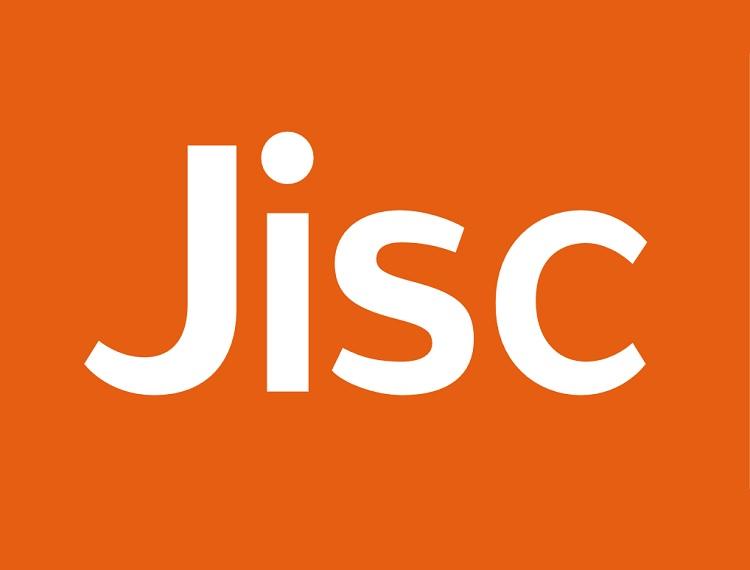“Everything we want to achieve depends on the digital abilities of our staff and students” – Dr Ross Parry

Dr Ross Parry, associate professor and deputy pro-vice chancellor (digital) at the University of Leicester, shares his experience of leading the university’s digital transformation. He explains how their digital strategy puts people – not technology – centre stage.
You can have all the tech in the world, but it’ll make little difference if you don’t also have a community with the confidence and fluency to use it in creative and exciting ways.
Back in 2015 the university welcomed a new vice chancellor, Professor Paul Boyle, and started to develop a strategic vision for the kind of place it should be as it headed towards the end of its first century.
Our ambitions at the beginning of our second hundred years are expressed in our family of ‘discovery-led and discovery-enabled’ strategies – of which our new digital strategy, importantly, is one. I started in this role, a new one for the university, at the beginning of 2017, leading the work to help the organisation become ‘digital by default’, something that would be transformative for learning, teaching and research.
One of the best things we can do for ourselves while we’re on this journey is to admit that it’s hard, and assume a beginner’s mindset. We might get it wrong sometimes, we’ll probably have to ask for help and we will definitely have to recognise the importance of supporting members of the university to be comfortable with this transformation, and to have genuine agency within it.
After all, the disruption of new technologies and processes can sometimes cause disconnect – something I’ve seen in my own area of scholarship, researching the impact of digital on the museums sector.
For this reason, digital capability is where we started. Everything we want to achieve depends on the digital literacies of our staff and students.
Starting at the beginning
I’m very lucky to be working on this with the university’s director of IT, Liz Bailey. As academic and professional service leads respectively, we each bring a different perspective and skillset.
The first thing we did was to bring together a diverse group of people from across the organisation to reflect together on digital capabilities, forming a new steering group.
Teaching staff and students have a number of places they might go to in the university for help with digital skills, so we brought all these different teams together to identify some common goals.
Working as a group, we developed a digital literacy framework and for this we didn’t have to start from scratch.
Jisc has done a lot of the strategic thinking on this and we adapted its digital capabilities model to meet our own needs. It gave us a consistent vocabulary and a core set of principles and allowed us to be confident that we had a robust, workable structure to keep us on track.
Our digital capabilities framework
Everything we do now aligns back to our overarching digital capabilities framework.
For example, the transferable skills framework that is managed by the careers development service has been revised and aligned to our new principles and language around digital literacy, helping our students to develop the capabilities that will support them as they leave us for the world of work.
I’m a great believer in changing things at source. It’s much better to change just one fundamental thing and let the effects of that ripple out and cascade down.
Of course, the key thing there is to know what that one fundamental thing should be. But for us it has been the digital capabilities of our staff and students and now that real change is under way in this area we can look at what’s next.
Share your ideas with the community
But as I said at the outset, some of this stuff is difficult so it can be really helpful to push yourselves out into the wider community, share your own ideas and find out what others are doing.
I was so pleased and very proud to be cited this year by the Education Foundation and Department for Education as one of the Edtech50 – one of the 50 most influential people and projects in the education and technology sectors today. National recognition like this signals to our colleagues that we’re serious and committed about digital change and it gives senior management and teaching staff confidence that we’re doing something right.
Likewise, we’ve recently joined the Digital Nations Group, an international organisation with members from major global businesses and government organisations. It is giving us access to amazing talent and even more new thinking that we can apply here.
Advice for universities and colleges working on their digital strategies
For us it has been about creating together a clear vision of what we want to be, taking time to shape the narrative of what will get us there, and then – most of all – building trust in the community around the plan we have and in the people who will lead this change.











Responses